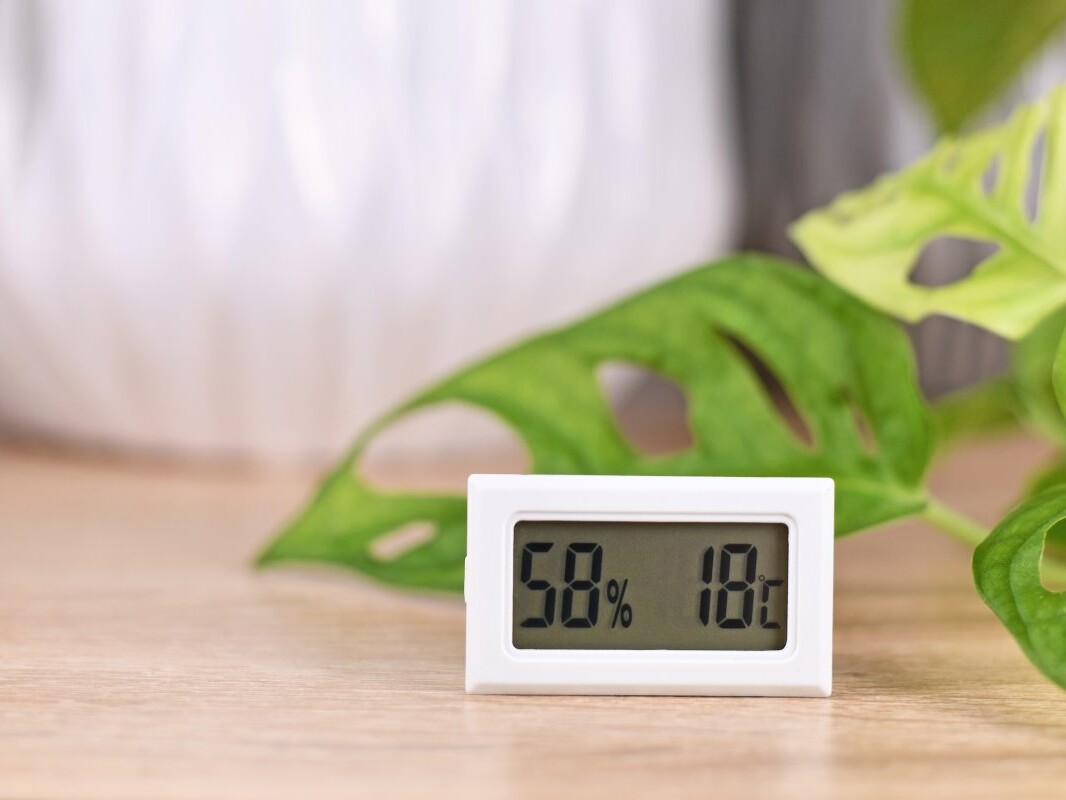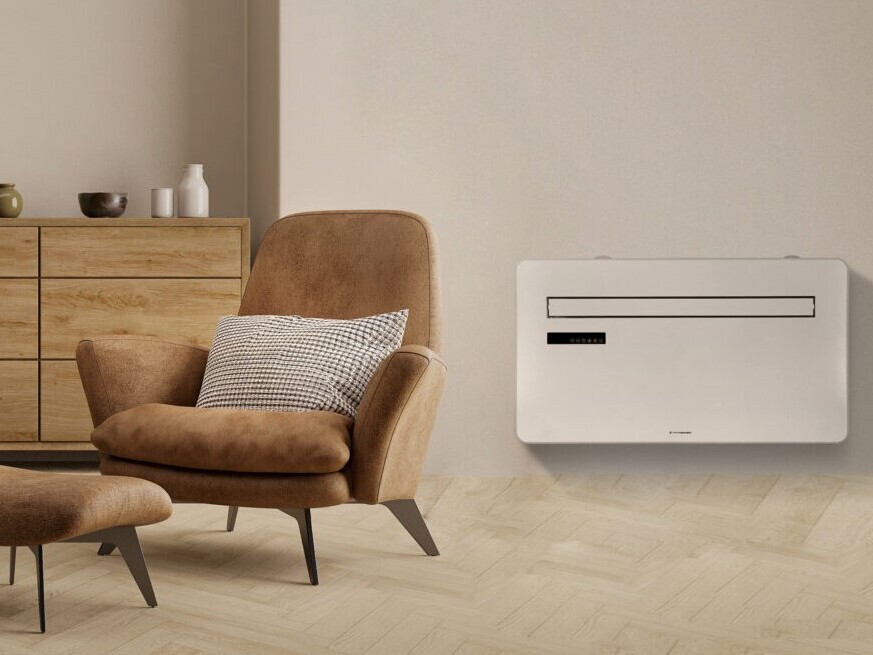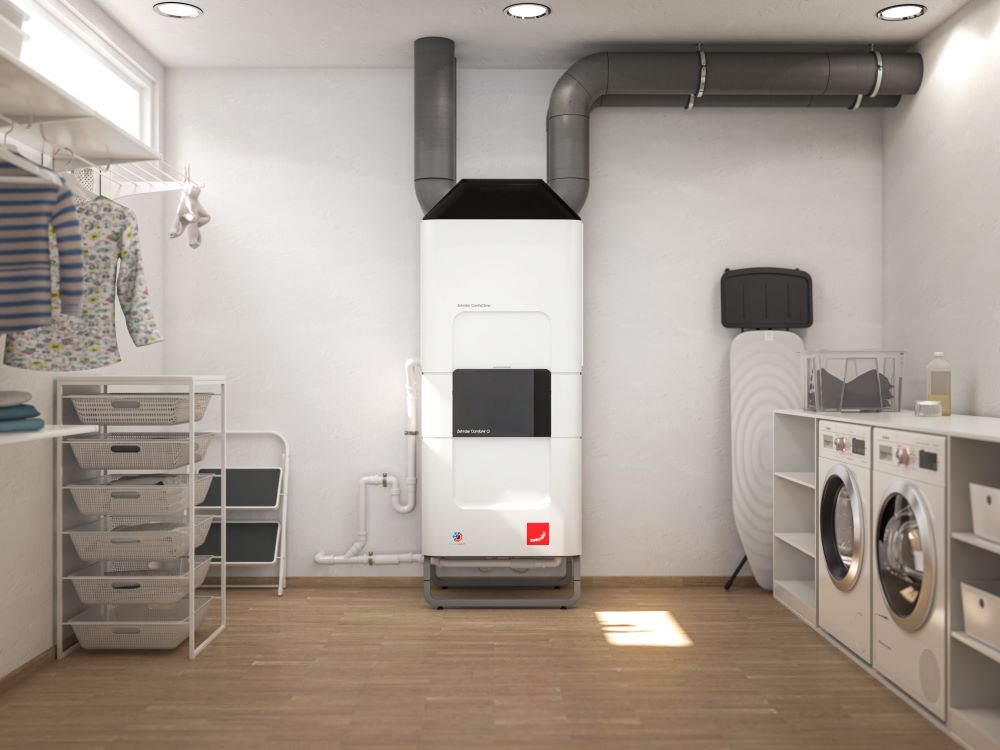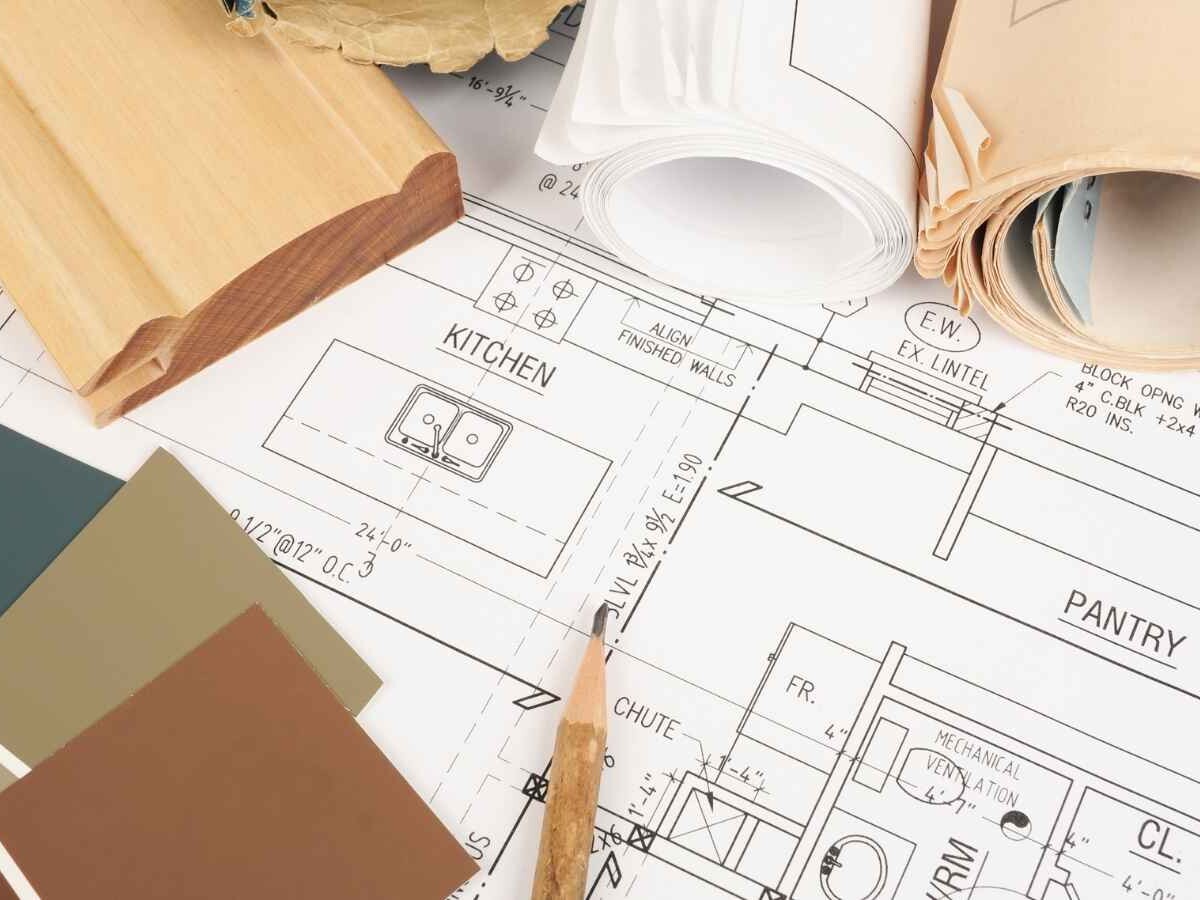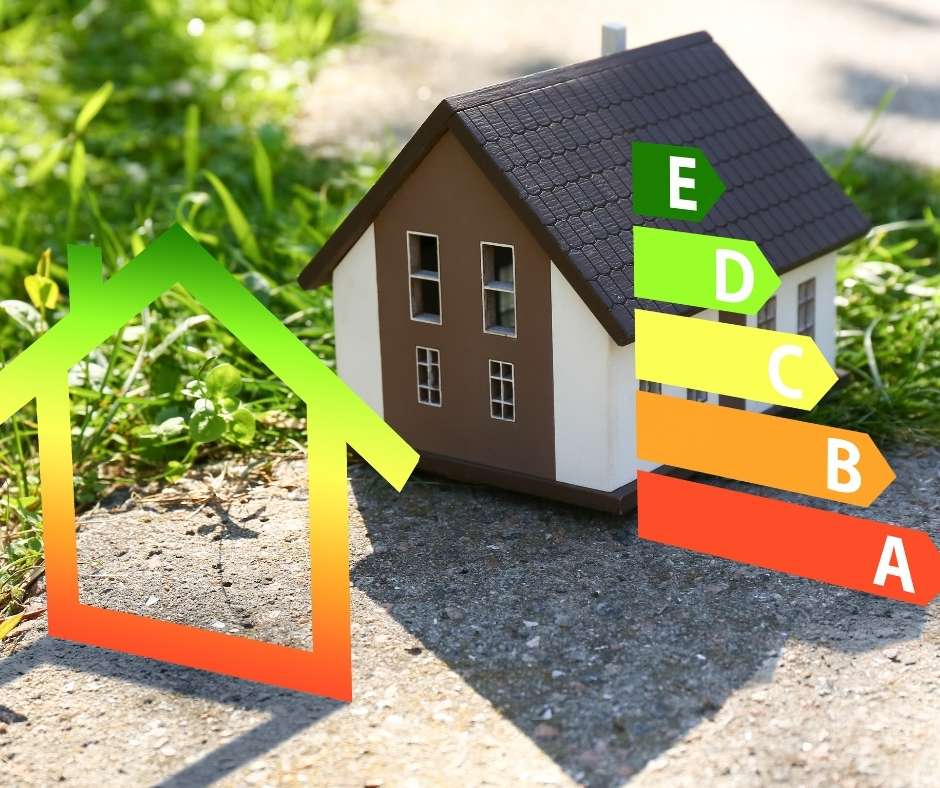
When buying an air conditioner, you probably think about comfort on hot days, but have you thought about how it affects the energy performance of your home? At AeroConsult, we regularly get questions about how an air conditioner affects the E-level and EPC value. In this blog, we explain the difference and look at why the air conditioning solutions from AeroConsult are the ideal choice for an energy-efficient home.
What is the difference between E-level and EPC value?
Before we discuss the impact of air conditioning, it is important to understand the distinction between these two concepts:
- The E-level: This figure is primarily used in new construction and major renovations. It measures how energy efficient a building is compared to a reference building and takes into account insulation, ventilation, heating, cooling and renewable energy. The lower the E-level, the better.
- The EPC value: This is a measure that indicates how much energy a home consumes per square meter per year (kWh/m²). This number is especially important when selling or renting existing homes. A lower EPC value means a more energy-efficient home and can yield a higher market value.
E-level: Important for new construction and renovation
Thus, the E-level indicates how energy efficient a building is compared to a reference building. The lower the E-level, the better. It is mainly used in new construction and major renovations and takes into account insulation, ventilation, heating, cooling and renewable energy.
What does an air conditioner do to the E-level?
- A conventional air conditioner increases the E level because it requires additional energy for cooling.
- An air-to-air heat pump, such as this one from AeroConsult, will lower E levels because it can heat efficiently in the winter and is a sustainable alternative to traditional heating.
EPC value: Mandatory in sales and rentals
The EPC (Energy Performance Certificate) value expresses energy consumption per square meter in kWh/m² per year. The lower the value, the more energy efficient the home. When selling or renting a home, a favorable EPC score is an important plus.
How does an air conditioner affect the EPC value?
- A conventional air conditioner will usually negatively affect the EPC value because it consumes additional electricity.
- An air-to-air heat pump, such as this one from AeroConsult, can improve the EPC value if it is also used as a main heating system in winter.
- Smart settings, such as efficient use and good insulation, can help reduce energy consumption.
Which air conditioner to choose for an energy-efficient home?
Want to install an air conditioner without degrading your energy performance? At AeroConsult, we have the ideal solutions for you! Keep these tips in mind:
- Choose a heat pump air conditioner (air-to-air heat pump) such as the AeroComfort+ from AeroConsult, which both cool and heat in an energy-efficient manner.
- Pay attention to the energy label (A++ or higher) for lower consumption - our air conditioners meet the strictest standards.
- Use smart controls such as timers and sensors to prevent energy waste.
- Provide good insulation and blinds so that the air conditioner does not have to work as hard. Maintain your air conditioner regularly to keep it working optimally with the lowest possible energy consumption.
The impact of air conditioning on sustainability and energy costs
In addition to the impact on the E-level and EPC value, it is also important to consider the broader impact of an air conditioner on sustainability and your energy bills:
- Increased electricity consumption: A classic air conditioner can significantly increase power consumption in the summer, resulting in higher energy costs.
- Sustainable alternatives: AeroConsult's heat pump air conditioners are more energy efficient and can have a long-term positive impact on your overall energy consumption.
- Combination with solar panels: By combining our energy-efficient air conditioners with solar panels, you can offset some of the consumption, making your home more sustainable.
More information about air conditioners and your energy performance? Then be sure to contact our specialists!
Want to learn more about the benefits of air conditioners? Check out our latest blog posts now.




